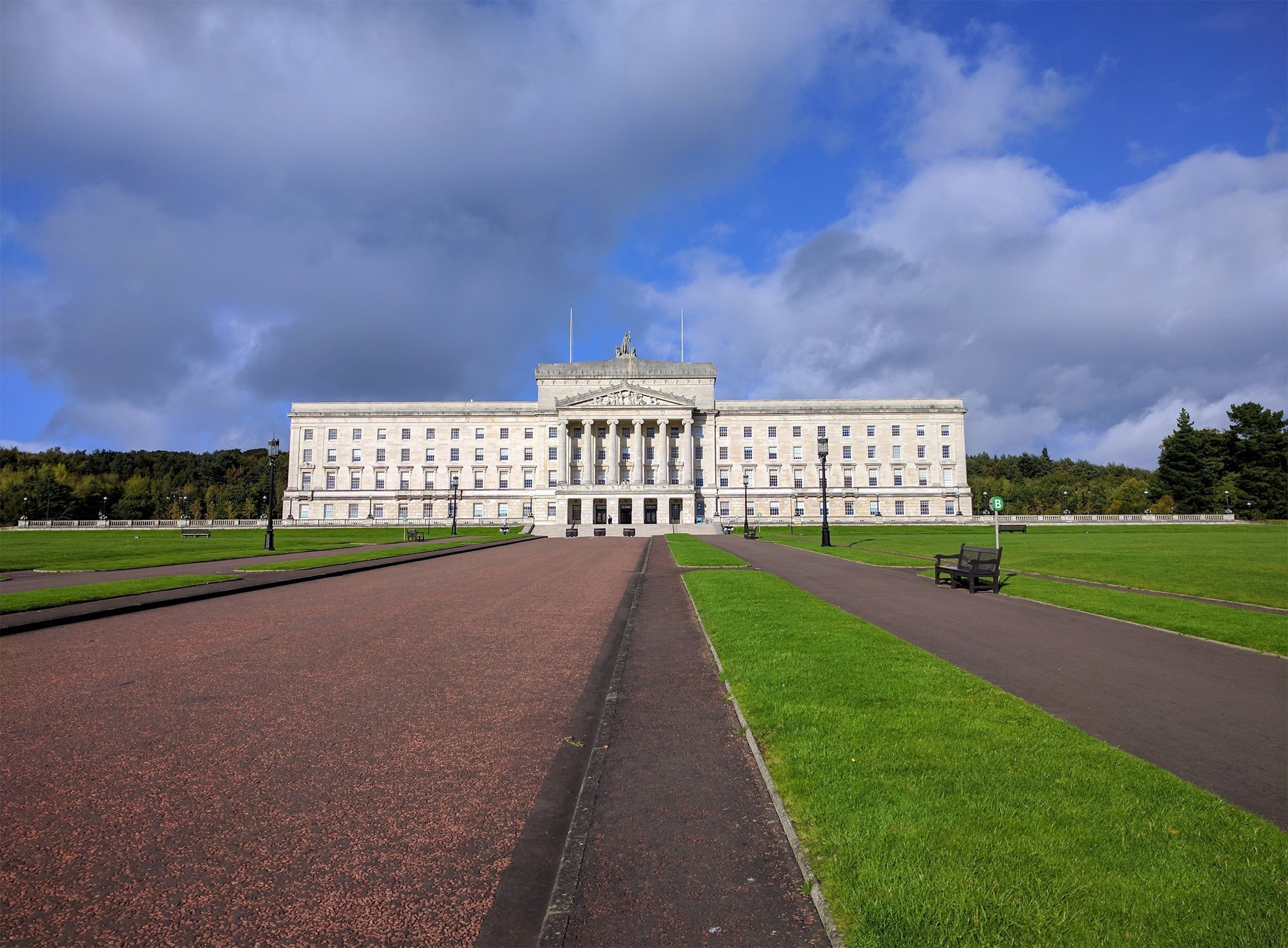The government has abandoned its plans to privatise the Land Registry, as the Open Data Institute pushes for more measures to ease the use of its data.
The Land Registry keeps a record of all property transactions in England and Wales – Photo credit: Flickr, Images Money, CC BY 2.0
The proposal was put forward by former chancellor George Osborne earlier this year, but when it was not included in the government’s Neighbourhood and Planning later that year, it seemed the plans were being quietly shelved.
The new chancellor Philip Hammond has confirmed this, with the Autumn Statement saying that the Land Registry, which maintains an up-to-date register of property transactions in England and Wales, will remain in the public sector.
The statement said: “Following consultation the government has decided that HM Land Registry should focus on becoming a more digital data-driven registration business, and to do this will remain in the public sector.
“Modernisation will maximise the value of HM Land Registry to the economy, and should be completed without a need for significant Exchequer investment.”
Related content
Open Data Institute warns of loss of control over land data if Land Registry privatised
Campaigners welcome pause of Land Registry sale
Interview: Digitising land and property searches
The move will be welcome news for campaigners who said the proposal would lead to a loss of control of the data and inhibit the government’s open data agenda.
However the Open Data Institute said that, although it was pleased the chancellor had called off the sale, the government needed to do more to ease the use of Land Registry data.
“[The government] did not recognise that [the Land Registry’s] data is tangled up with the Ordnance Survey,” the ODI said. “This makes the data difficult and expensive to use. It adds costs for both the Land Registry and to data users. It reduces the impact of its data.”
The ODI called on the rest of government to learn from the work being done by the Department for the Environment, Food and Rural Affairs on open data and support other agencies to do the same.
The institute also argued that many of the goals set out by Hammond in the Autumn Statement – from improving transport and housing to tackling the productivity problem – could be helped by increasing the use of data and investing in open data infrastructure.
“The government needs to commit to making all of these organisations open. This will make it easier for government to work with the private and third sectors and use this data to help with the UK’s housing crisis,” the ODI said.



